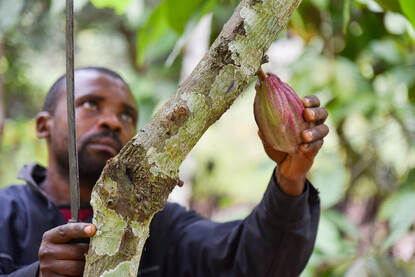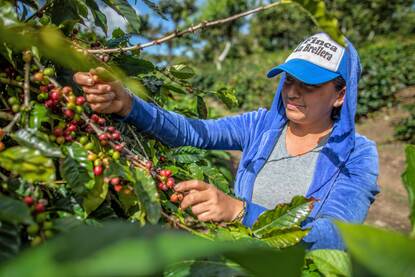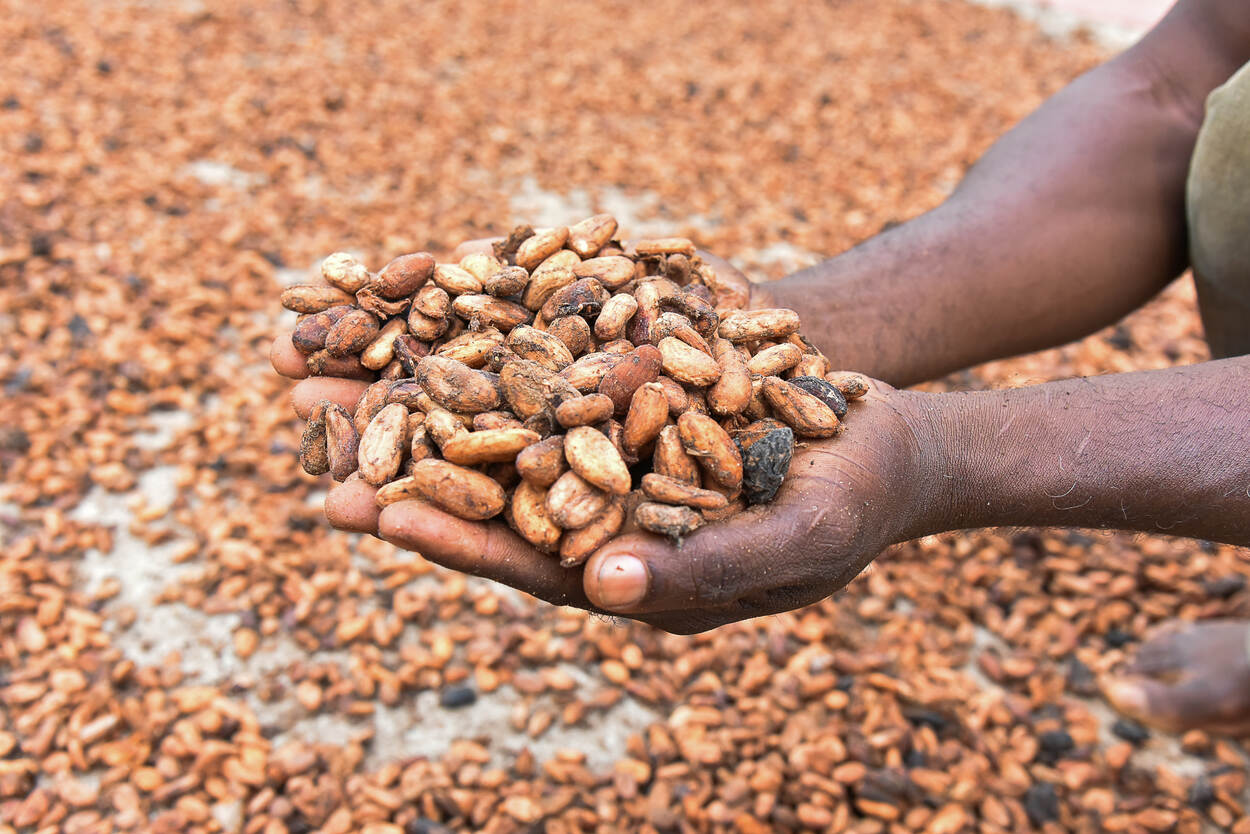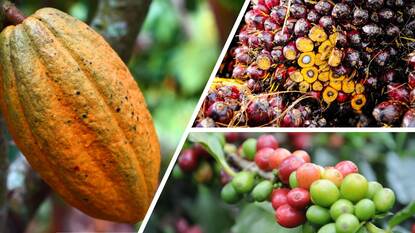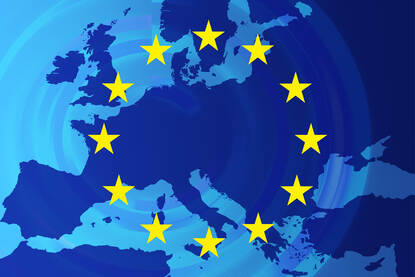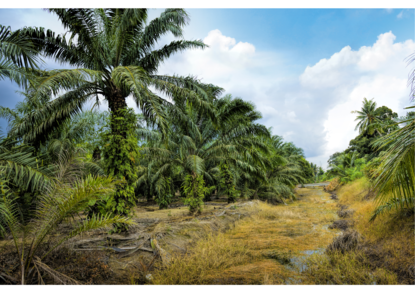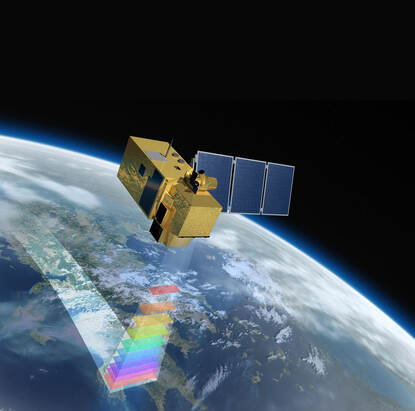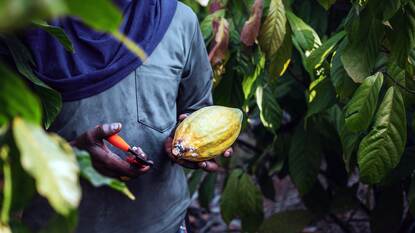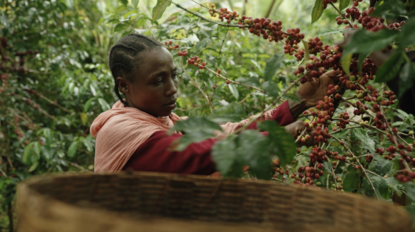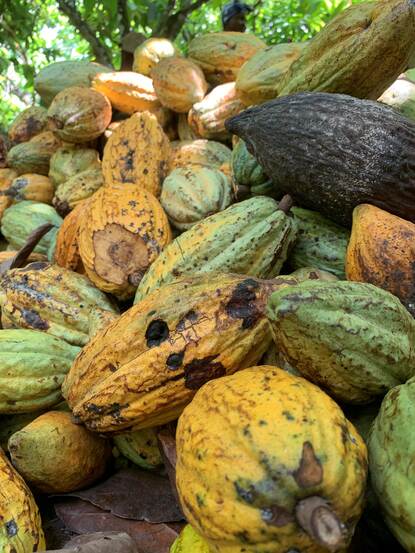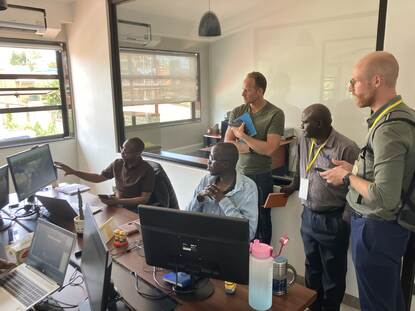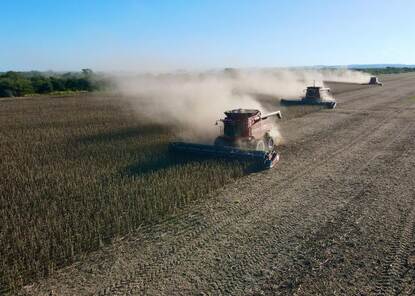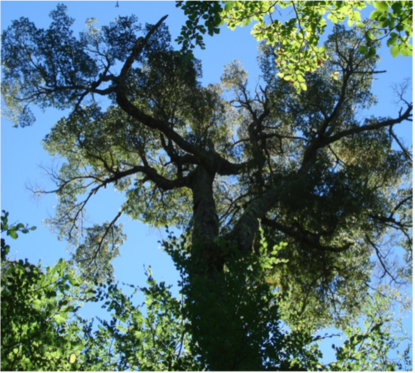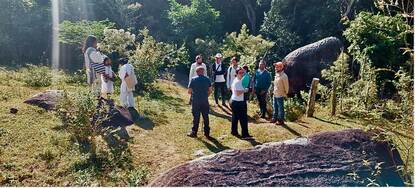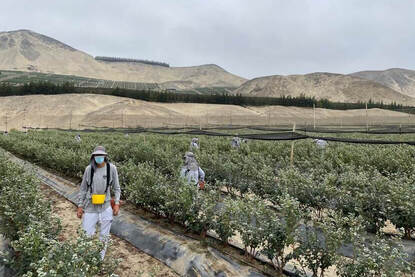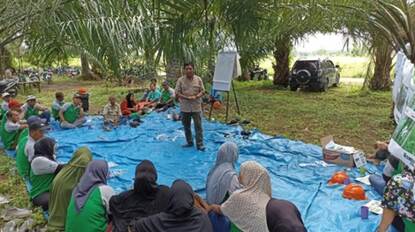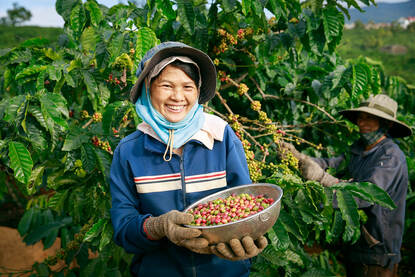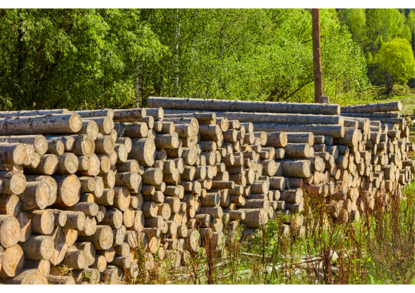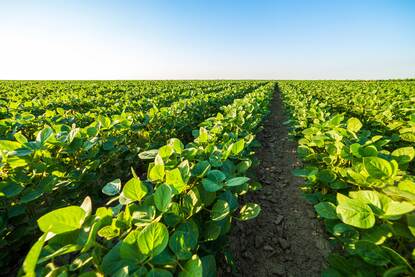Foto IDH
Gert van der Bijl of Solidaridad and Matthew Spencer of IDH highlight the implications and operational challenges of the European Union's Deforestation Regulation (EUDR). Both discuss the central role of their organizations in advocating for sustainable agricultural practices and their strategic efforts to support small-scale farmers amid changing legislative frameworks. As the EUDR aims to minimize Europe's impact on global deforestation, Van der Bijl and Spencer provide an insider's perspective on the practical challenges and critical need for nuanced implementation strategies. This interview explores the balance between regulatory intentions and realities on the ground and highlights the efforts needed to ensure that environmental goals match the well-being of smallholder farmers.
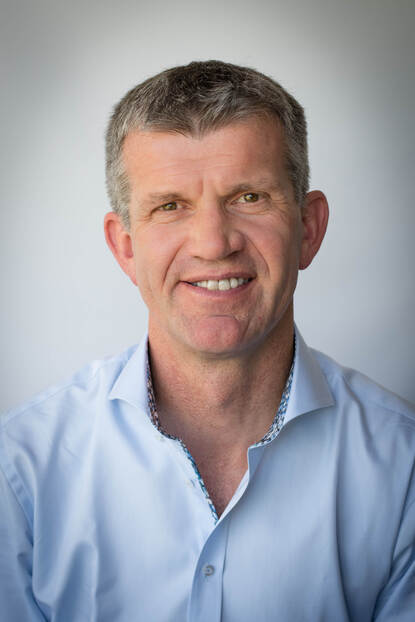
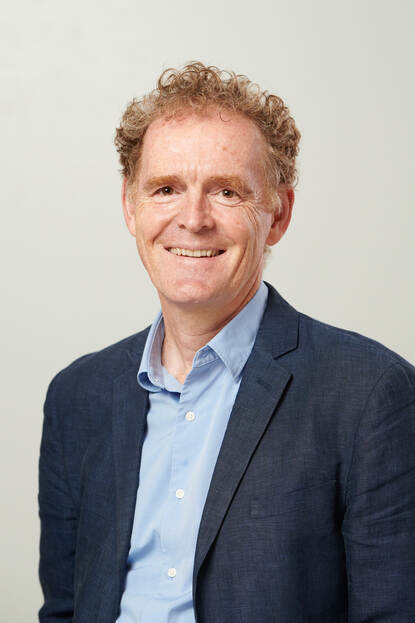
Can you tell us more about IDH and Solidaridad and how the EUDR affects their work?
Matthew Spencer: 'IDH is a not-for-profit foundation working across the world to make agriculture and agricultural markets sustainable, socially, particularly for small farmers, and environmentally, particularly for forests and natural ecosystems, which often are impacted by agriculture. I am Global Director of the IDH Landscapes program where we're working in 22 different landscapes across Africa, Asia, and Latin America. In that capacity, I also oversee a Landscape Finance team, and a Markets team working to raise demand for sustainable commodities. There's nearly always a forest risk commodity that's imported to Europe involved in these landscapes. And we're trying to get to a happy marriage between the production of commodities and the protection of forests.'
Gert van der Bijl: 'Solidaridad is an international development organization. In the 1980s, we made our first major steps in the field of sustainable supply chain work as the founder of Max Havelaar Fairtrade Coffee. Over the years, we have become active in more than twelve different commodity chains with people in more than forty countries. As a Senior EU Policy Advisor for Solidaridad, I am responsible for our European advocacy policy, focusing almost full-time on European deforestation legislation. At first mainly on influencing the legislation itself. And now with colleagues across the globe and other stakeholders working to ensure that implementation is carried out with the most positive effect possible. Not only on reducing deforestation, but also on the position of smallholders in the various chains. Because there is still a lot of uncertainty in the latter area.'
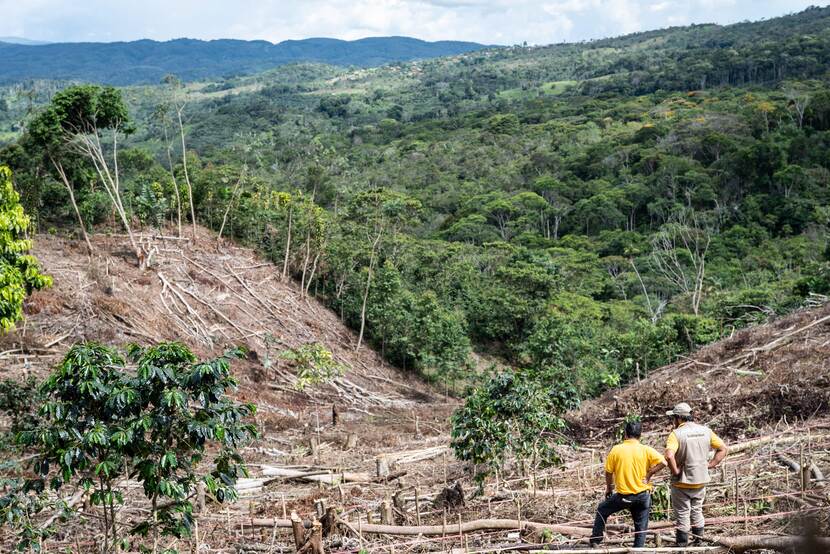
What is your perspective on the EUDR?
Spencer: 'Well, like most people, I have mixed feelings. I think it's a strong piece of regulation, which in the medium term should really help drive down deforestation, particularly in the commodities where Europe is still the dominant buyer, like coffee and cocoa. But in the short term, it's likely to have a very negative impact on some small farmers. It requires the segregation of markets and many small farmers and their offtakers are not ready. And we must hope that those unintended exclusionary effects are corrected and improved upon through support to small farmers and through sensible implementation of this regulation.'
Van der Bijl: 'There is a lot of discussion about how clear or unclear the legislation is. The broad outlines are clear, but the devil is in the details. For example, in how companies and countries are going to tackle the implementation. Because at the end of the day, the core of the requirements lies with companies and states. Often, there is debate between the European Commission on the one hand and national states and companies on the other. There are companies and states that say: tell us how to do it. Then you have the European Commission, which says: the responsibility lies with you. We'll give you the space to fill it in.'
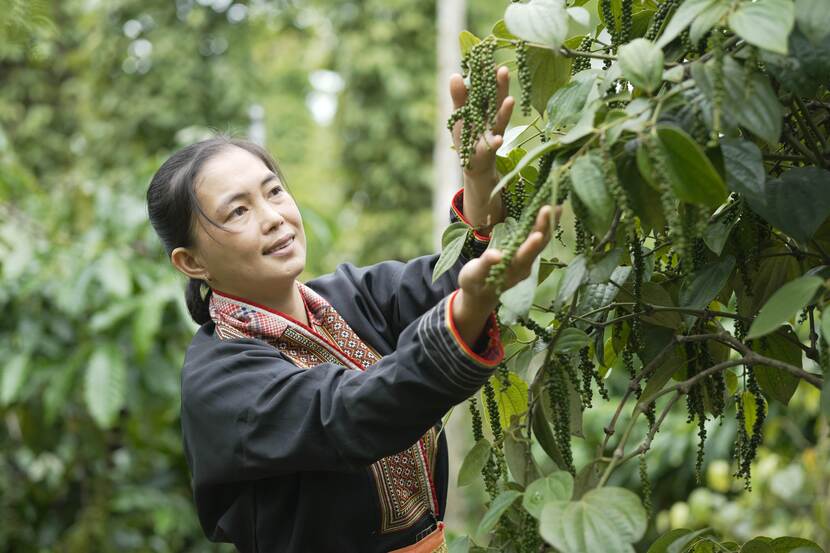
How do Solidaridad and IDH help farmers with the EUDR?
Spencer: 'We're focusing on supporting farmers' groups and operating companies in some of the key tropical jurisdictions. For example, we've been working in Vietnam for many years with coffee growers and coffee roasters to try to get sustainable coffee production. And we're now working with those same actors to help them get ready for the EUDR and make sure that all small farmers are included, and able to qualify. We’ve been organizing workshops to inform people, as well as collaborative projects that test the compliancy of models at a district and farmer group level rather than farm by farm, which is a very slow and expensive process. And advising governments and companies on how to set up databases that will allow for the sharing of data while protecting the forest.'
Van der Bijl: Solidaridad is active with programs in all chains in a large part of the major production countries. In all the chains that the EUDR is about, except for wood. In Peru, for example, we are active in programs with coffee farmers and cocoa farmers to prepare them for this legislation together with local governments and companies. We work with them to set up systems so that they can meet the requirements of the EUDR. And we do the same in all countries in the coffee, cocoa, and palm oil sectors.’
'Our focus is to ensure that the EUDR has a positive effect on small-scale producers or smallholders. How that works in practice and where the opportunities and threats lie is different between sectors and between countries. One of the things that we have communicated to the European Commission from the outset is: make sure that a proper analysis is made per country and per sector. What are the most important bottlenecks, what are the consequences of this, so that you can formulate policy and measures per country and per sector? This is now being done sparingly, but as far as we are concerned, it is far too fragmented and piecemeal.'
'Our focus is to ensure that the EUDR has a positive effect on small-scale producers or smallholders’
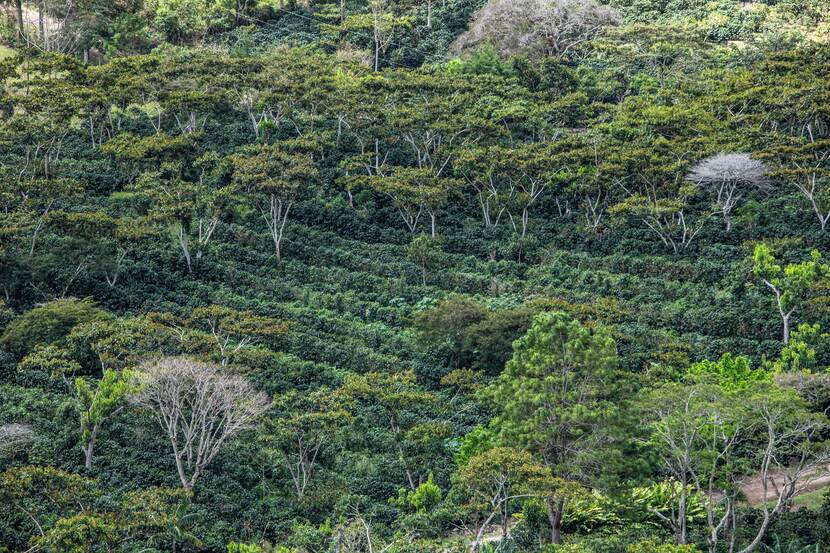
What feedback do you get from the countries and farmers you work with?
Van der Bijl: 'If you look at the impact, it varies a lot from country to country. When it comes to the coffee sector, for example, you have countries in Africa where the step to meeting the requirements is a much bigger task than in a country like Vietnam or Brazil. The infrastructure in Africa is not as good, because it involves much more small businesses and intermediaries. As a result, it becomes very difficult to organize traceability.'
Spencer: 'Many small farmers are not aware of the regulation. If you're a cocoa farmer in Cameroon, your contact with your national regulator and government system and your offtaker is probably very limited. You'll sell your cocoa through a cooperative. The cooperative might sell to a middleman. The middleman might sell to a trader. The trader might sell to a brand. So, the chain is very long. And these are often farmers living in very remote places who have limited experience with international issues.'
Van der Bijl: ‘There is a solution, and this is potentially a positive effect of the European deforestation legislation: that is to ensure that farmers organize themselves better, and that they themselves aggregate products into cooperatives, or at least into partnerships, and set up a good system to organize the flow of products. However, organizing this takes time. Yet, we are convinced that the EUDR can provide an impetus to do so.'
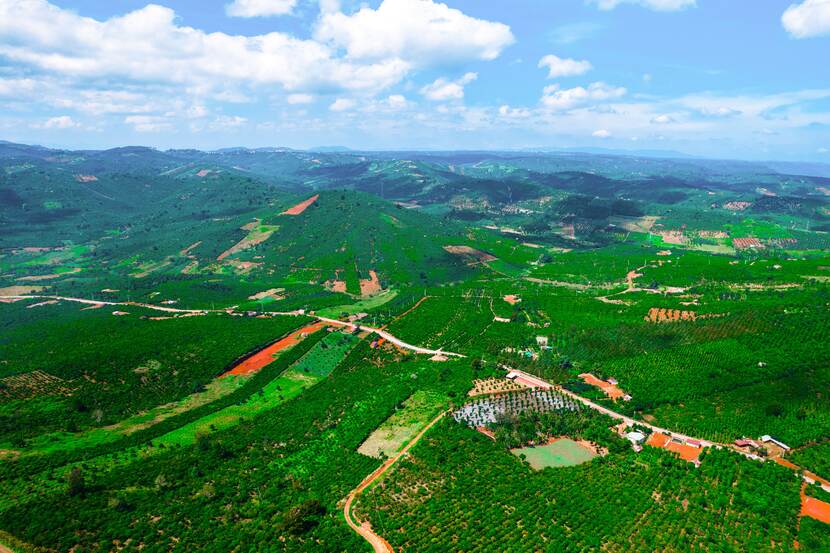
Do governments and other stakeholders listen to what you have to say?
Van der Bijl: 'In general, we certainly find an audience for our story, also because fortunately we are not the only ones telling it. But you can see the momentum changing here and there. In the early days, the discussion about legislation was very much about a smart mix of measures, of which legislation was one part, in addition to cooperation with local governments, local governance and support for farmers to work on a more sustainable agricultural system. As the application of the EUDR on December 30, 2024 draws nearer, you see that everyone is focusing much more on: what are the exact requirements and how do we comply with it? But in the end, it's all about one thing. And that is working together on a more sustainable agricultural system.'
Spencer: 'We have been talking to the competent authorities and to the European Commission about what we're learning from producer countries and sharing that information so that they can implement the legislation in a sensible way. As far as the Commission is concerned, I think there is too much of a legalistic approach. If they could show a little bit more flexibility, certainly in the first year or two of implementation, it would certainly have a net positive effect on deforestation and on what I think are some significantly damaged relationships with producer country governments who feel like they haven't had their efforts respected and rewarded through this process.'
'The EU obviously is doing its job, in terms of legislation, of ensuring that its supply will be deforestation free. However, the EUDR is just perceived as being a somewhat unilateral measure by many of the producing countries. Our view is that if there was a little bit more give and take on both sides, there could be a net positive impact on deforestation and potentially a less damaging impact on the smallest and most marginal farmers.'
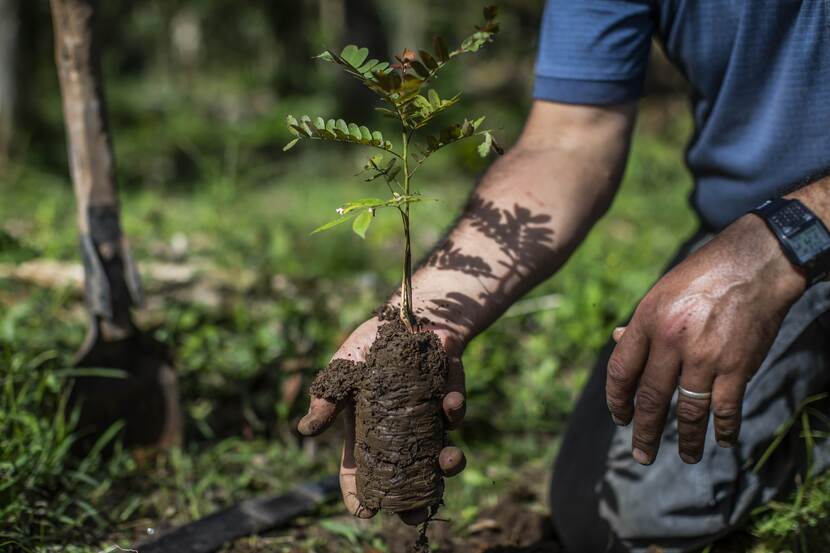
‘If there was a little bit more give and take on both sides, there could be a net positive impact on deforestation and potentially a less damaging impact on the smallest and most marginal farmers'
What is your view of the implementation of the EUDR in the Netherlands?
Van der Bijl: 'If I compare the different member states, the Dutch Ministries of Foreign Affairs and Agriculture, Nature and Food Quality have been very committed to this legislation during the process and to an interpretation that has a real and positive impact on small-scale producers. I think that they are doing a good job, informing stakeholders in various sectors in a positive way. Also, the Netherlands is one of the Member States that is furthest along in developing and staffing the competent authorities. There are Member States where a competent authority has not even been designated. That's a cause for concern.’
Spencer: 'In general, Dutch ministries have always, as you would hope, taken a very pragmatic approach to working through the practicalities. We see them getting ahead of the regulation, developing teams that can implement and set up the systems. But the test of all that preparation will be on January 1 next year when people start to import and use the systems, let’s see how well they work.'
‘But in the end, it's all about one thing. And that is working together on a more sustainable agricultural system'
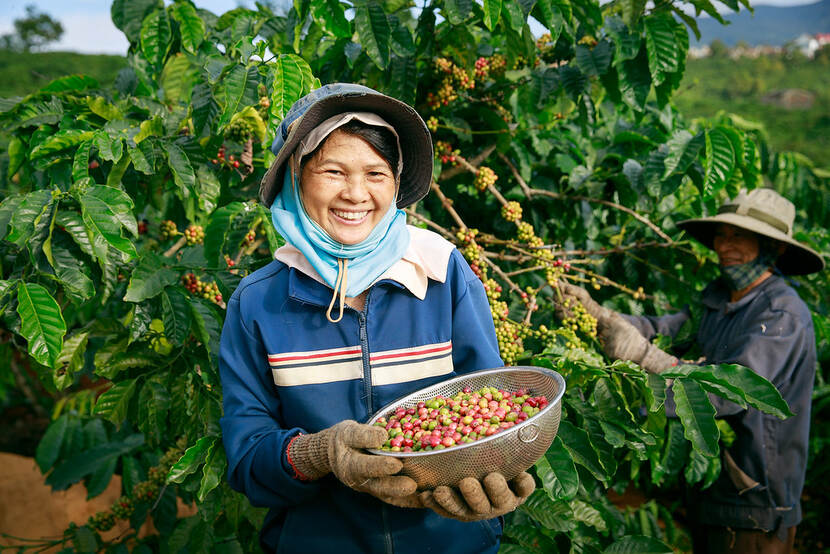
Is there anything you need from either Dutch ministry at this point?
Spencer: 'I don’t think so. We have very good collaboration: there's a close working relationship and it feels very productive. The Dutch Government is very supportive of Solidaridad and IDH to work with smallholders across the world to make sure they're included in zero deforestation supply chains. Also, we've had a very positive interaction with the Dutch competent authorities, which is known to be one of the best prepared and organized of all of them. They are organizing seminars in several regions around the world to help exporters understand what the practicalities are of importing into the Netherlands through Rotterdam or Amsterdam. And obviously at this stage, when we've only got six months to go, that's what most people are now focused. It's the practice of how you upload data or what you do as the container comes in and what the process is.'
Van der Bijl: 'I see an important role for collaboration between organizations like ours and the LAN teams at the Dutch Embassies to properly map out the consequences per country. A few months ago, I was at a meeting of the embassy in Peru to give a presentation to better inform the local business community and to get them thinking about: what are the consequences and what can we do about it collectively? I know that the LAN teams in more countries are doing that, for example in West Africa where the Netherlands is one of the countries that invests a lot in the sustainability of the cocoa sector. I think that deserves to be followed by other countries.'
‘The Dutch Government is very supportive of Solidaridad and IDH to work with smallholders across the world to make sure they're included in zero deforestation supply chains’
